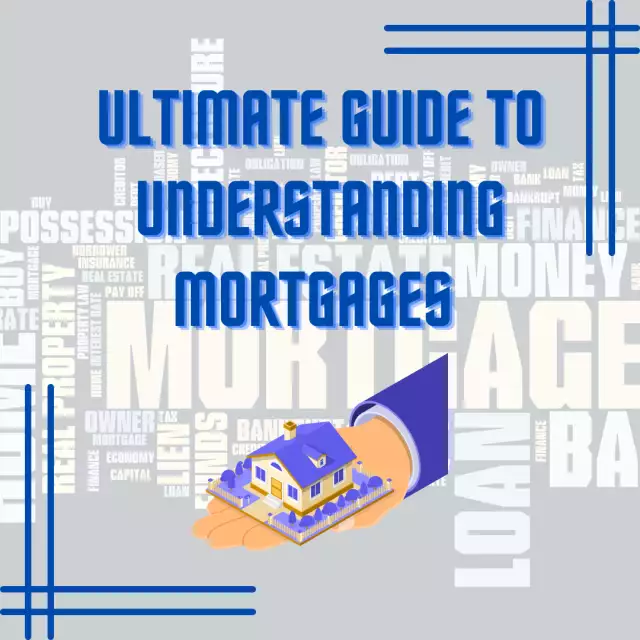Real Estate Purchase Agreement: Essential Tips and Strategies
Real Estate Purchase Agreement: Essential Tips and Strategies
A well-drafted real estate purchase agreement is crucial when buying or selling property. This legally binding document outlines the terms and conditions of the sale, benefiting both the buyer and seller. Real estate agents play a vital role in crafting these agreements to protect their clients' interests and ensure a smooth transaction.
Understanding the Real Estate Purchase Agreement
A real estate purchase agreement specifies the terms of a property sale, ensuring that both parties are clear on the transaction details and reducing the risk of future disputes. The role of the real estate agent is to tailor these agreements to meet the specific needs of their clients while adhering to ethical standards and best practices.
Who Prepares the Real Estate Purchase Agreement?
Real estate agents are responsible for drafting the final version of the purchase agreement, but the process involves input from multiple parties, including the buyer, seller, and sometimes real estate attorneys. Effective communication between the buyer and seller or their representatives is essential to finalize the terms. Consulting with a lawyer before signing can help ensure the agreement is legally sound.
Key Elements of a Real Estate Purchase Agreement
Every real estate purchase agreement is unique, but some common elements must be included to make the agreement valid:
- Price:The sale price, down payment, and payment terms must be clearly stated.
- Contingencies:Conditions that must be met for the sale to proceed, such as home inspections or financing approval.
- Earnest Money:A deposit made by the buyer to show good faith, typically held in escrow.
- Closing Date:The agreed date when the property ownership is officially transferred.
Negotiating Real Estate Contracts
Effective negotiation is vital for real estate agents. Preparation involves researching the property, market conditions, and potential counteroffers. Understanding the client's priorities and needs helps align expectations and find suitable properties.
Effective Negotiation Techniques
- Active Listening:Pay close attention to what the buyers and sellers are saying and respond thoughtfully.
- Solution-oriented Mindset:Focus on resolving issues rather than dwelling on problems.
- Handling Multiple Offers:Be prepared with strategies for dealing with multiple and counteroffers.
- Managing Emotions:Keep a professional demeanor and help clients manage their emotions during negotiations.
Protecting Clients' Interests
As a real estate professional, safeguarding your clients' interests is paramount. This involves full transparency, detailed disclosures, and the inclusion of protective clauses in the purchase agreement. For example, setting clear deadlines for inspections or necessary repairs can prevent complications later.

Navigating Contingencies and Special Situations
Common contingencies include inspection, financing, and appraisal conditions. Addressing these immediately is crucial to avoid delays. For distressed properties, more detailed contingencies and "as is" clauses may be necessary. Ensure all deadlines are met to prevent the contract from being canceled.
Closing the Deal
Closing a real estate transaction involves several steps to ensure all terms of the agreement are fulfilled. Here’s a checklist to guide you through the process:
- Preparation:Review the terms and communicate them to all parties involved.
- Due Diligence:Conduct title searches, obtain necessary insurance, and complete final inspections.
- Funding and Approval:Confirm loan approval and funds availability.
- Document Handling:Prepare and facilitate the signing of all necessary documents.
- Completion:Record the transaction and provide copies to clients.
The Importance of Real Estate Purchase Agreements
Real estate purchase agreements are crucial in protecting the interests of both buyers and sellers. They provide a clear outline of the transaction terms and help prevent misunderstandings and legal disputes.
News in Real Estate Purchase Agreements
The real estate market is constantly evolving, with new trends and regulations impacting purchase agreements. Staying updated on these changes is essential for real estate professionals. The rise of digital templates and AI-driven platforms has streamlined the drafting process, making it easier to create comprehensive and legally sound agreements.

Expert Quote
"Real estate purchase agreements are the cornerstone of any property transaction. They ensure all parties are on the same page, protecting their interests and facilitating smooth transactions." – Barbara Corcoran, Real Estate Mogul and Business Expert.
Frequently Asked Questions About Real Estate Purchase Agreements
Q: Why is a Real Estate Purchase Agreement
important?
A:It legally binds the buyer and seller to the
terms of the sale, providing a clear roadmap for the transaction
and protecting both parties' interests.
Q: When should I draft a Real Estate Purchase
Agreement?
A:After the buyer and seller have agreed on the
terms of the sale but before any funds are exchanged or title
transfers occur.
Q: Where can I find a Real Estate Purchase Agreement
template?
A:Digital templates for real estate purchase
agreements are available on various platforms, including those that
offer comprehensive tools to streamline the process.
Q: What should be included in a Real Estate Purchase
Agreement?
A:A purchase agreement should include buyer and
seller information, property description, purchase price, closing
date, disclosures, contingencies, and signatures.
Q: Who can help me draft a Real Estate Purchase
Agreement?
A:While you can draft the agreement yourself,
consulting a real estate attorney ensures the document meets all
legal requirements.
Q: How can I ensure my Real Estate Purchase Agreement is
legally binding?
A:Ensure all terms are clear, include all
necessary disclosures and contingencies, and have the document
reviewed by a legal professional. Both parties must sign the
agreement for it to be legally binding.
The Most Comprehensive Tips for All Aspects of Real Estate Purchase Agreements
- Evaluate Your Financial Situation:Ensure you have enough funds to invest and maintain an emergency reserve.
- Understand Market Conditions:Stay updated on market trends to make informed decisions.
- Hire a Real Estate Agent:Even experienced investors benefit from the insights and assistance of a knowledgeable agent.
- Get a Property Inspection:Always inspect the property to avoid unexpected repairs and ensure a sound investment.
- Consider Future Flexibility:Think about long-term plans and whether having significant capital tied up in a property aligns with them.
- Use Professional Services:Hire professionals for legal advice, appraisals, and other services to protect your investment.
By following these tips and strategies, you can navigate the complexities of real estate purchase agreements with confidence, ensuring a smooth and successful transaction.







